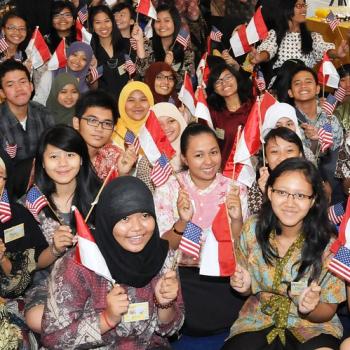Michael Gerson tells about China’s inroads into Africa and its bigger plans:
The skyline of this city — what little there is of it — is a Chinese creation. Chinese money built the Parliament building. A $100 million, Chinese-funded hotel and conference center is rising. The Chinese government is constructing a soccer stadium, a decidedly popular move.
It is difficult to argue that these shiny new buildings are more urgent development priorities than, say, fighting malaria or providing a daily meal to children in rural schools. But the Chinese don’t even pretend this is the case. These highly visible investments, increasingly unavoidable across Africa, are designed to buy influence with governments.
But why Malawi? This poor, rural, landlocked nation is hardly a strategic prize. Elsewhere, the Chinese are clearly after oil and other resources. Malawi does have some unexploited rare-earth metals and a mine producing uranium. But the aggressive Chinese outreach here seems more directly motivated by a plan to establish China as a power throughout the continent, even in its remotest corners.
This is sometimes called neo-imperialism. At closer range, it more closely resembles mercantilism. Unlike in Asia, where China pursues tinderbox land disputes, the objectives here are overwhelmingly economic — securing vital commodities while selling cheap manufactured goods.
Though China does not seek to plant military bases or ideological revolutions in Africa, the Chinese model of state-led development is increasingly viewed as an alternative to Western economic liberalism. Leaders such as South African President Jacob Zuma are impressed with the Chinese economic approach — which is naturally attractive to leaders inclined toward the expansion of government power.
But what is appealing to African leaders is not always good for African societies. China’s defining foreign policy principle is “mutual noninterference in domestic affairs,” which comes in handy for a nation that fears a focus on its own domestic oppression. In practice, this means that African governments have a rich friend with low standards. Some Chinese associates, such as Zimbabwe or Sudan, are international outlaws. Elsewhere, the influence is more subtle. Malawi, for example, is a multiparty democracy that is experiencing slow democratic regression. Recent legal changes have restricted press freedom and expanded discrimination based on sexual orientation (adding a prohibition against lesbianism to the existing colonial-era statute). Western donors have objected. But since China is indifferent, the pressure on the Malawian government is diluted.
via China’s African investments: Who benefits? – The Washington Post.












